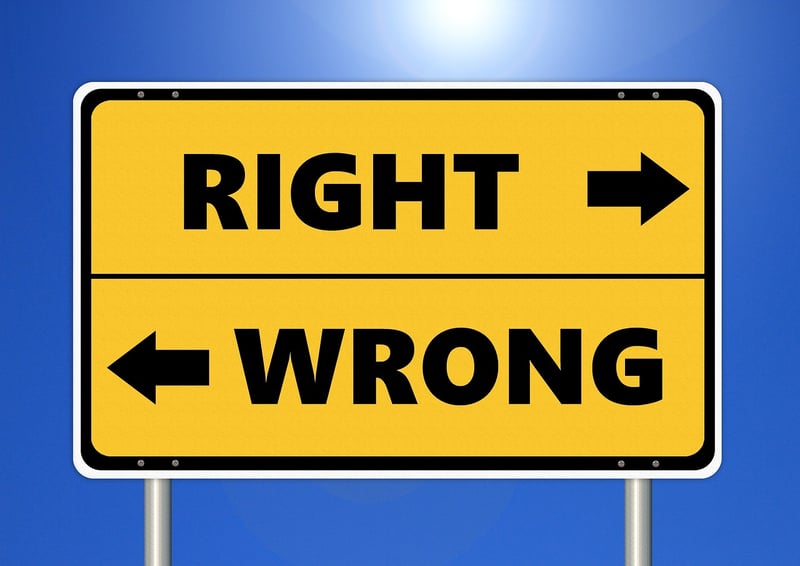Moral Implications
Exploring the Ethical Aspects of Time Travel and Its Moral Implications
Time travel has long been a fascinating concept in science fiction, allowing individuals to journey to the past or future. While the idea of manipulating time may seem thrilling, it also raises significant ethical dilemmas and moral implications that warrant careful consideration.
The Grandfather Paradox
One of the most famous ethical dilemmas associated with time travel is the Grandfather Paradox. This paradox posits a scenario where a time traveler goes back in time and prevents their grandfather from meeting their grandmother, resulting in the time traveler never being born. This paradox raises questions about causality, free will, and the potential for altering the course of history.
Responsibility and Accountability
Time travel introduces complex issues of responsibility and accountability. If a time traveler makes changes to the past that have unintended consequences, who bears the responsibility? Should individuals be held accountable for actions they took in a different timeline? These questions highlight the moral complexities of altering the past.
Temporal Ethics and Cultural Impact
Temporal ethics refer to the moral principles that govern time travel. Concepts such as non-interference with historical events, respect for the integrity of timelines, and the implications of altering the past all fall under the umbrella of temporal ethics. Furthermore, the cultural impact of time travel on societies and individuals can be profound, leading to shifts in values, beliefs, and perceptions of reality.
Utilitarian vs. Deontological Approaches
When considering the ethics of time travel, different philosophical frameworks come into play. Utilitarianism focuses on maximizing overall happiness and well-being, raising questions about whether altering the past can lead to a greater good. On the other hand, deontological ethics emphasize adherence to moral rules and duties, prompting reflection on the inherent rightness or wrongness of changing historical events.
Conclusion
Time travel offers a captivating glimpse into the possibilities of altering the fabric of time itself. However, the ethical aspects and moral implications of time travel are profound and multifaceted, requiring careful reflection on the consequences of meddling with the past or future. As we continue to explore the realms of science fiction and theoretical physics, the ethical considerations surrounding time travel will remain a captivating subject of debate and contemplation.

For more information on time travel and its ethical implications, you can visit The Stanford Encyclopedia of Philosophy.
